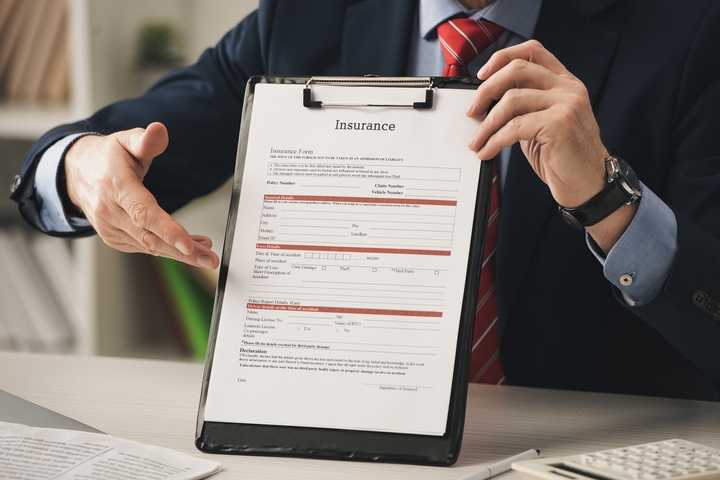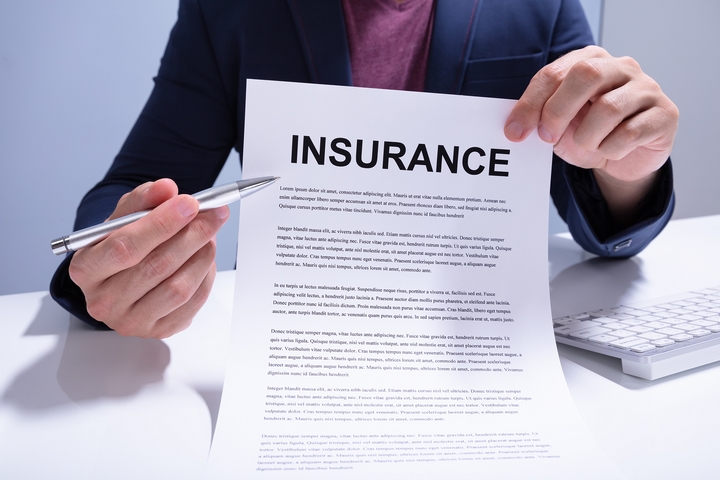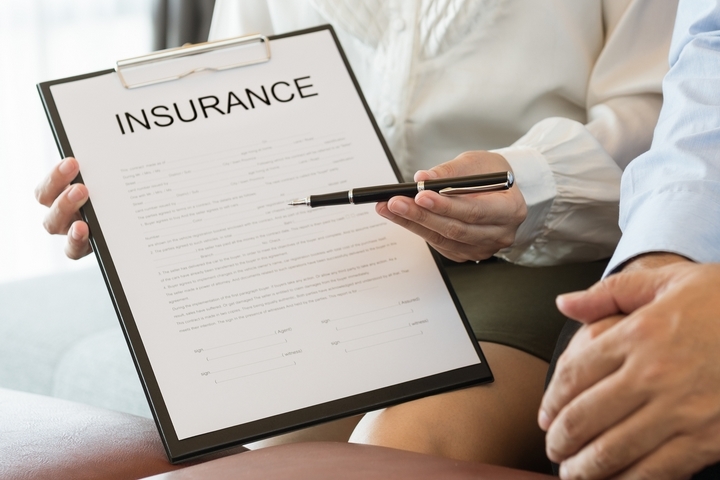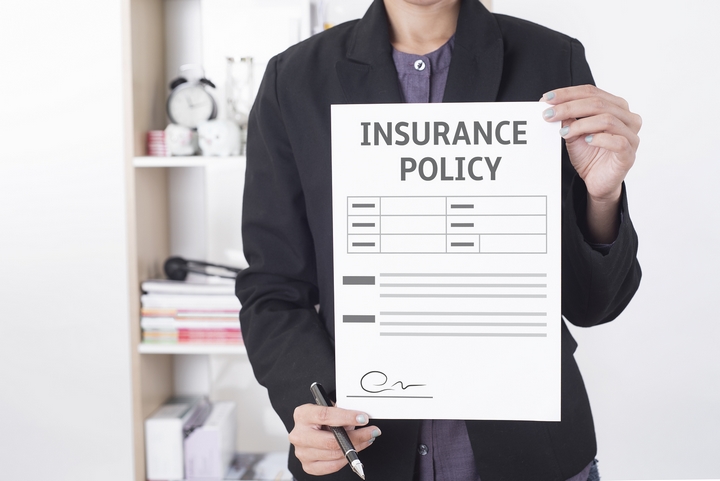
An insurance broker can be described as a middleman. The role of the insurance broker is to mediate on insurance-based transactions between individuals or businesses seeking insurance coverage and the insurance companies providing the insurance products.
Insurance brokers have many roles and responsibilities, which include handling the transaction of insurance products from different companies. They also mitigate different risk types. These insurance brokers can either be self-employed or salaried, which may affect their range of roles and responsibilities.
Are you interested in becoming an insurance broker or learning more about this profession? Here are ten different insurance broker roles and responsibilities:
Responsibility #1: Linking New Clients and Insurance Companies

It is an insurance broker’s responsibility to represent an insurance company or companies, mostly in an independent capacity. He or she brings the clients and insurance companies together.
Depending on the customer’s needs, he or she assists the client in finding the cheapest and best insurance coverage for their requirements. It’s the responsibility of the broker to present a buyer to various underwriters and obtain quotations and commitments based on a client’s offer.
Responsibility #2: Salesperson

The role of an insurance broker is often compared to a salesperson. Insurance brokers interview prospective clients to collect information on their financial resources and requirements. They also carry out an assessment of the physical condition of a person or property to be insured.
An insurance broker negotiates and sells insurance policies. They do comparison shopping to find the best deals. They manage huge portfolios from different insurance companies to make sure a client receives the best deal they can get.
Besides selling insurance premiums, they also offer consultation services, claims assistance and benefits issue resolution. The broker is required to inform the buyer if the financial rating of the quoting carrier is marginal. They should also establish if the carrier is licenced in the region where the buyer is located.
It’s the responsibility of the broker to make sure all policy requirements are met, including medical examinations and filling out the necessary paperwork.
Responsibility #3: Risk Assessment

Insurance brokers have the role of helping insurance companies assess the different types of risks they encounter. These include natural disasters like hurricanes, floods, and tornadoes. Others include car accidents, credit risks, legal liabilities and cash flow problems.
They also help clients understand risks and the best ways to manage them. This is commonly referred to as risk management. Brokers may also suggest alternative risk mitigation mechanisms such as the formation of a captive in a company or placement with risk retention, or even a risk purchasing group.
It’s the responsibility of the broker to make sure all policy requirements are met, including medical examinations and filling out the necessary paperwork.
Responsibility #4: Professional Advisers

As advisers, insurance brokers work in consultation with clients to collect all the required information for them. They negotiate with the insurance companies to provide the best terms and premiums to their clients.
Insurance brokers also advise clients on how to improve and maximize insurance premiums.
Responsibility #5: Administrative Duties

One of the insurance broker responsibilities is to maintain good relationships with photographers, financial institutions, engineers, surveyors and insurance companies. In this role, they represent their clients by handling administrative tasks such as correspondences with the insurer and other professionals. They also attend to the required paperwork.
Insurance brokers collect premiums, process accounts and keep up to speed with changes and trends in their industry. They calculate premiums and determine methods of payment for their clients.
Responsibility #6: Scheduling and Attending Meetings

Since insurance brokers work with both commercial organizations and private clients, it’s their responsibility to schedule and attend meetings with either their clients or the insurers, or both. Some of the meetings assess the current and future insurance needs of clients.
They make calls to policyholders to deliver and explain the policy, analyze it and make additions or apply corrections such as changing the beneficiaries.
Responsibility #7: Record Keeping

The insurance broker must ensure records are appropriately stored in a computer. They should install bookkeeping systems and resolve all issues arising. They are required to plan and supervise the inclusion of insurance programs into the company’s bookkeeping system.
It’s the responsibility of the broker to explain to the client bookkeeping requirements necessary for implementing and offering a group insurance program.
Responsibility #8: Self Improvement

Insurance brokers attend seminars and enroll in programs to learn about new trends in the industry, learn new skills and get technical help in developing new accounts. They engage in lifelong learning to stay abreast of new developments and sharpen their skills in the field.
Responsibility #9: Communication between Clients and Insurers

An insurance broker has the role of a liaison between the insurer and client. The broker ensures the smooth flow of communication both ways. In the case of claims, he or she ensures the client is up to date on the decisions and progress of their applications.
They monitor and ensure these claims are settled amicably between the insurer and client. In cases where a client loses policy documents, the broker follows up to help them get a replacement.
Responsibility #10: Legal Compliance

An insurance broker must comply with all legal requirements in their jurisdiction. They should obtain the licences required to sell insurance and to renew them as stipulated in the law. They also help clients access and understand regulatory and legislative changes that become active after the policies.
Insurance brokers must be open and honest. They should avoid fraudulent transactions. A reliable broker puts the interests of their clients ahead of theirs.









